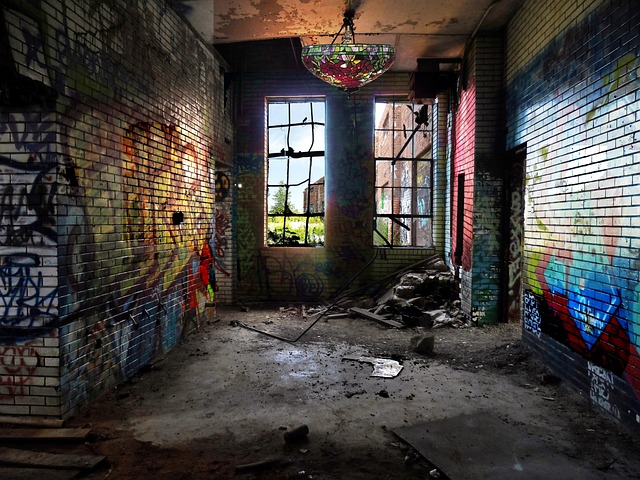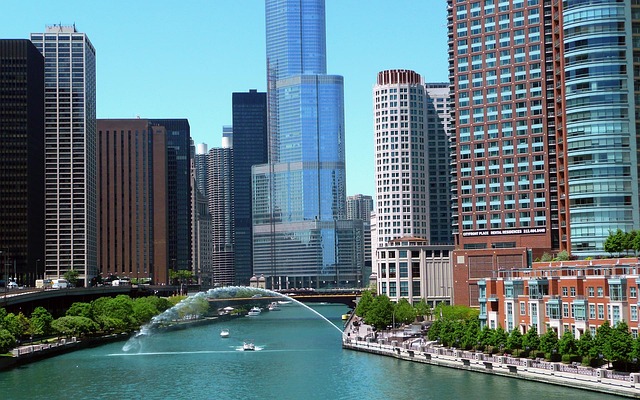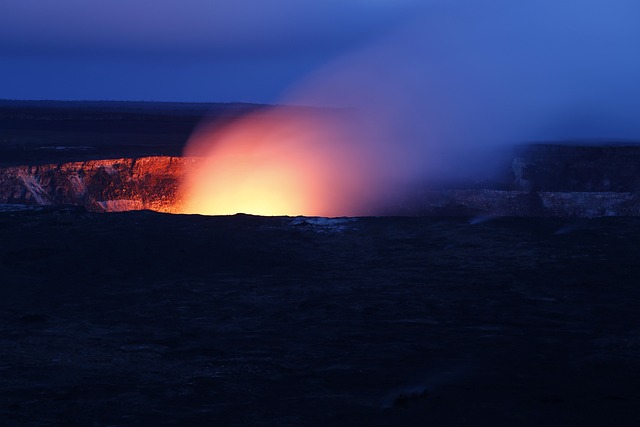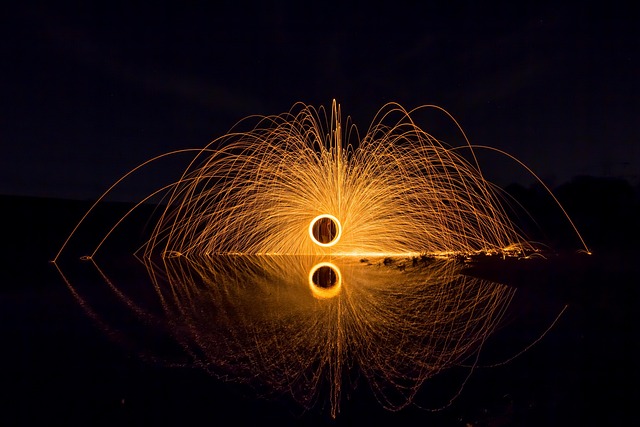After a fire in Chicago, immediate professional smoke damage remediation is vital for safety and property value preservation. This process includes specialized cleaning, removal of contaminated materials, and structural restoration. Understanding Illinois regulations, insurance claims, and legal considerations during the selling process is crucial. Effective preparation involves eliminating soot, repairing damage, addressing water issues, and cosmetic updates to attract buyers in Chicago's competitive real estate market.
“After a devastating fire, restoring your Chicago home is a challenging yet crucial process. This comprehensive guide delves into the intricate world of smoke damage remediation in Illinois, offering insights for property owners navigating this difficult journey. From understanding immediate health risks and legal considerations to efficient restoration tips, we provide a step-by-step approach. Learn how to prepare your house for the market post-fire, ensuring a smooth selling process in Chicago. Discover the key steps to reclaiming your space and mitigating potential hazards associated with smoke damage.”
- Understanding Smoke Damage: The Immediate Impact and Health Risks in Chicago Homes
- The Process of Smoke Damage Remediation: Step-by-Step Guide for Property Owners
- Legal Considerations and Insurance Claims: Navigating the Selling Process After a Fire in Illinois
- Tips for Efficient Home Restoration: Preparing Your House for the Market Following Smoke Damage
Understanding Smoke Damage: The Immediate Impact and Health Risks in Chicago Homes
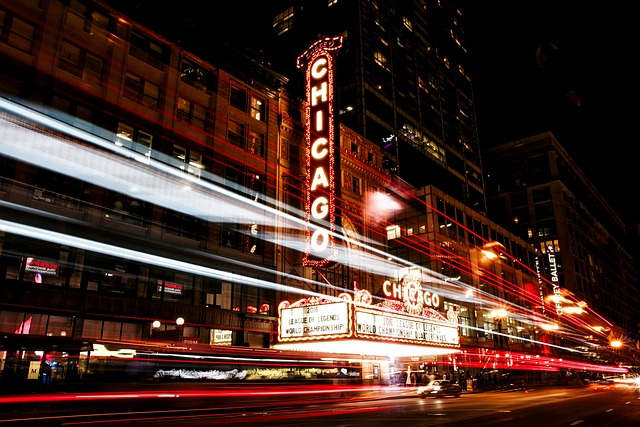
Smoke damage from a fire can leave behind visible residues and invisible health hazards, making it crucial for homeowners in Chicago to understand the immediate impact and potential risks. Right after a fire, smoke deposits can coat surfaces, leaving unsightly stains and odors that require professional cleaning. Beyond aesthetics, smoke contains a mix of toxic gases, particles, and chemicals that may pose serious health threats to occupants and future buyers if not properly addressed.
In Chicago, where the real estate market is competitive, selling your house after a fire demands thorough smoke damage remediation. Not only does this process mitigate health risks by removing hazardous remnants, but it also helps preserve property value. Professional restoration services employ specialized equipment and techniques to clean air ducts, remove contaminated materials, and restore structural integrity, ensuring that your home is safe and appealing for potential buyers.
The Process of Smoke Damage Remediation: Step-by-Step Guide for Property Owners
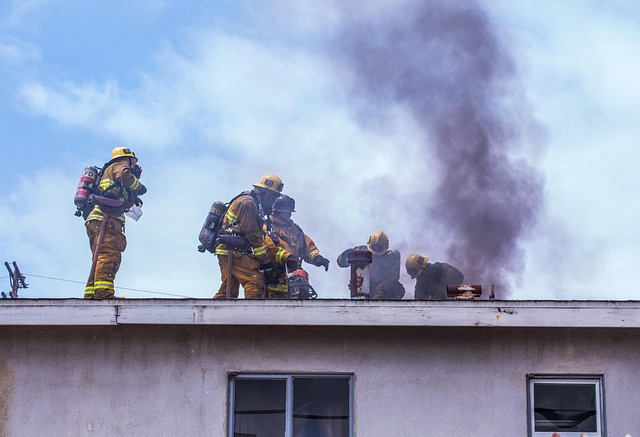
Smoke damage remediation is a critical process for property owners in Illinois, especially after a fire. If you’re planning to sell your house after a fire in Chicago, understanding this process is crucial. Here’s a step-by-step guide to help you navigate the journey of smoke damage restoration effectively.
First, assess the extent of the damage. Check for visible signs like soot, ash, or odour. Next, immediately call professionals specializing in smoke damage remediation. They will inspect your property and create a detailed plan tailored to your needs. The process involves several steps: containing the affected area, removing contaminated items, cleaning surfaces, and using specialized equipment to mitigate lingering odours and hazards. Once the remediation is complete, ensure thorough testing to guarantee a safe environment before considering selling your house after a fire in Chicago.
Legal Considerations and Insurance Claims: Navigating the Selling Process After a Fire in Illinois
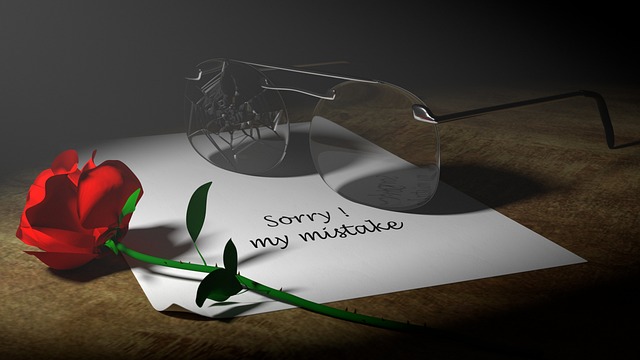
After a fire in your Chicago home, one of the most important steps is understanding legal considerations and insurance claims. In Illinois, there are specific regulations and procedures that homeowners must adhere to when selling a property affected by smoke damage. The first step is reviewing your homeowner’s insurance policy to determine coverage for repairs and replacement due to smoke damage. Not all policies are created equal, so it’s crucial to understand what’s covered and what’s not before making any decisions.
When preparing to sell your house after a fire, you need to ensure that any remediation work is properly documented. This includes obtaining estimates from licensed contractors for repairs and ensuring all work complies with local building codes. Additionally, inform potential buyers about the history of the property and any known issues resulting from the smoke damage. Transparency is key in navigating the selling process, and it can help speed up negotiations and prevent future legal complications.
Tips for Efficient Home Restoration: Preparing Your House for the Market Following Smoke Damage
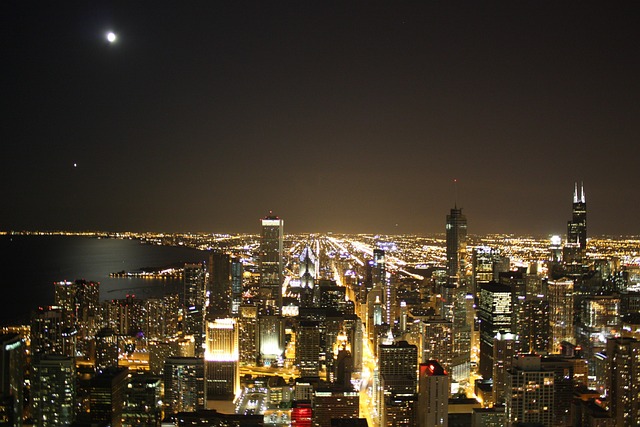
After a fire and smoke damage, restoring your home for sale in Chicago can seem daunting. However, with careful preparation, you can maximize your property’s value and market appeal. Begin by removing all visible signs of smoke and soot, including professional cleaning of surfaces, fabrics, and ventilation systems. This step is crucial to eliminating unpleasant odors that might deter potential buyers.
Next, focus on repairing structural damage caused by smoke. Check for water damage from fire extinguishing efforts and address any necessary repairs or replacements. Ensure all fixtures and appliances are functioning properly, as buyers expect a well-maintained home. Finally, consider cosmetic updates like repainting walls in neutral colors to create an inviting atmosphere. These measures will not only enhance your home’s curb appeal but also demonstrate your commitment to restoring it to its best condition, making it more attractive to prospective buyers in the Chicago real estate market.
Smoke damage can significantly impact a home, both structurally and health-wise. However, with proper remediation and restoration, it’s possible to revive your Illinois property and even increase its resale value in the Chicago market. By understanding the process, legal aspects, and efficient restoration techniques discussed in this article, you’re well-equipped to navigate the challenges of selling your house after a fire, ensuring a successful transition for both you and your future buyers.

